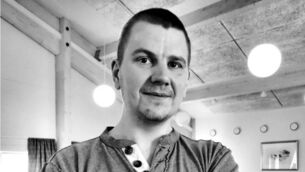‘People believe they can turn €500 into €5,000'
With such a history of pain and pestilence, it may be fitting that the house is now the base for one of the many treatment centres dealing with a rise in gambling addiction.
Aiséirí was set up in the house outside Cahir by Sr Eileen Fahey in 1983. It has gained a reputation for providing an in-house treatment programme and an extensive aftercare facility with centres throughout the country.












